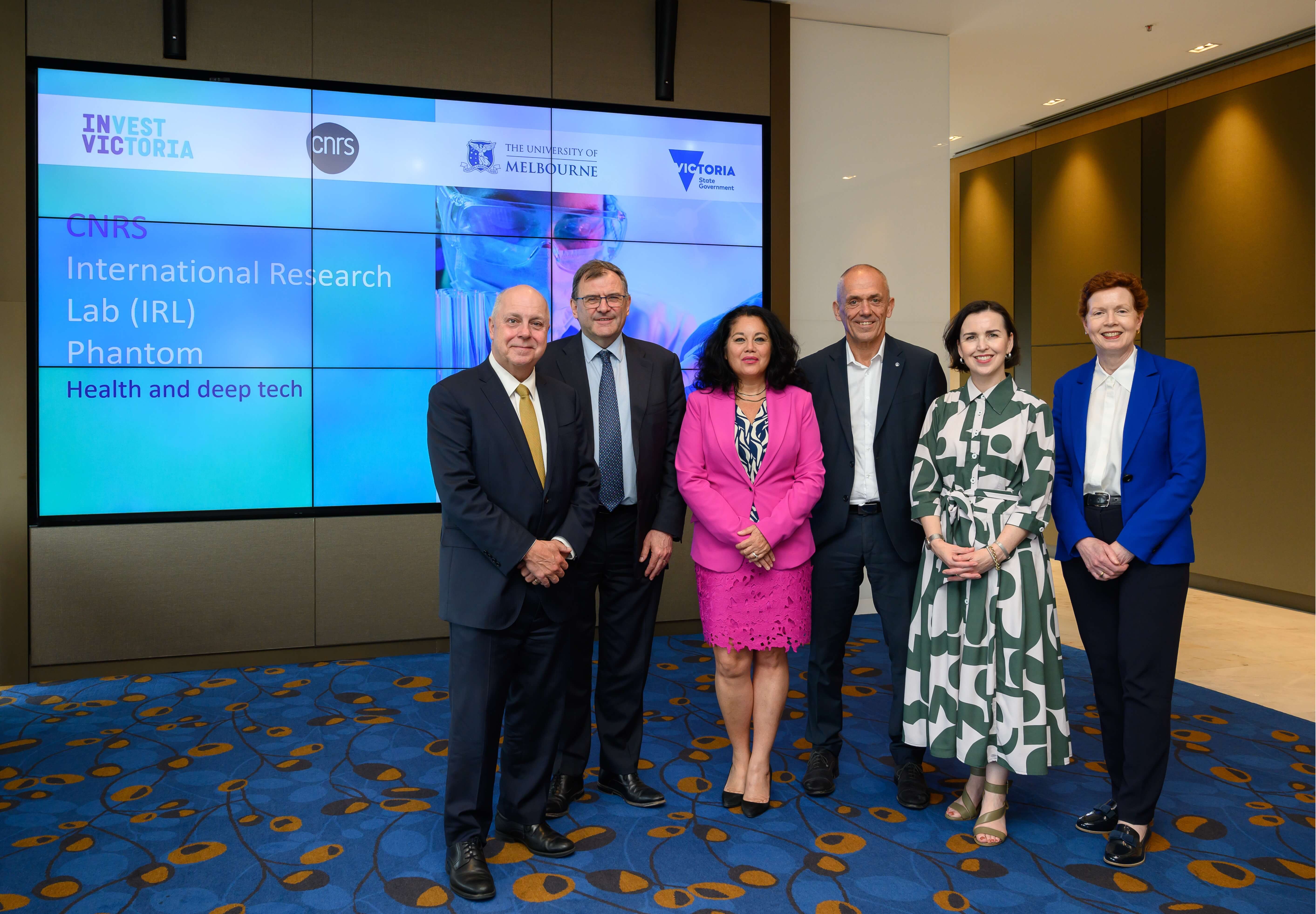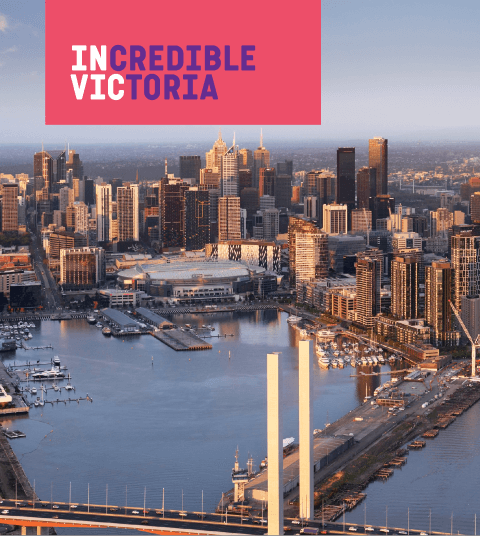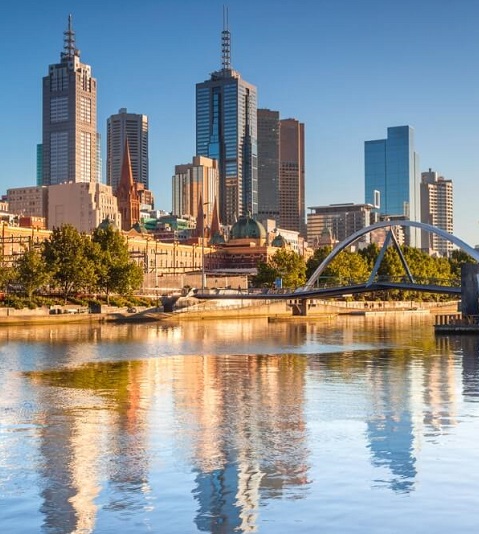The Centre National de la Recherche Scientifique (CNRS), one of the world's foremost public research institutions and Europe’s largest, is expanding its presence in Melbourne with the establishment of a new International Research Lab (IRL).

The IRL is a natural progression for the CNRS, which established its Oceania representative office in Melbourne in 2021, and already operates around 80 IRL globally. The lab will support the CNRS expand R&D partnerships and activities, driving international, multidisciplinary and cross-sector collaborations.
It aims to engage existing and new research projects, fostering partnerships with universities, corporations and start-ups across the region.
The IRL, aptly named PHANTOM (Plasticity, Heterogeneity and Tumour Microenvironment), will focus on cutting-edge health and deep technology for single cell resolution genomics and quantum-based biology, and drug discovery.
CNRS IRL Phantom has the potential to be a world leader in cancerology and to bring exciting new discoveries to this field. said André Le Bivic, Director of CNRS Biology
The IRL will be co-located at the Victorian Comprehensive Cancer Centre, with the University of Melbourne as its academic partner. It will also collaborate with industry and quantum technology partners.
The establishment of the International Research Laboratory PHANTOM in partnership with the University of Melbourne represents a pivotal shift in our approach to oncology research.
This collaboration epitomises our commitment to advancing scientific frontiers to tackle pressing global health challenges and reflects our belief that innovation arises through international cooperation.
We are honoured to strengthen the connections between the CNRS, France, and Australia in this important endeavour. said Prof. Antoine Petit, Chairman and CEO of CNRS
The IRL will also leverage capabilities of CNRS Innovation, its subsidiary dedicated to technology transfer and IP commercialisation, in the acceleration of start-ups and innovative companies.
The IRL will provide joint access to Australian, French and crucially European funding.
Invest Victoria supported the CNRS in initially coming to Melbourne and has over the past three years continued to work with it to deepen its engagement with Melbourne’s research and innovation ecosystem.
The establishment of the CNRS IRL - PHANTOM marks a significant milestone in the CNRS’s growing relationship with Melbourne and the wider Oceania region. By advancing strategic research in health and deep technologies, this lab will not only strengthen international collaborations but also position Victoria as a leader in medical and quantum research and innovation.
With the support of Invest Victoria and key academic and industry partners, the CNRS is set to make a lasting impact on the local and global research landscape, fostering innovation, talent development, and commercialisation of groundbreaking technologies.
About CNRS
Founded in 1939 and headquartered in Paris, the CNRS has a remarkable history of collaboration with top research centres and universities world-wide. Globally renowned for its multidisciplinary research, the CNRS has earned prestigious accolades including 21 Nobel Prizes and 12 Fields Medals. In the 2021 Scimago Institutions Rankings, the CNRS was recognised as the second most important global research institution in terms of scientific publications.
Why CNRS chose Melbourne
Melbourne was chosen for its reputation in innovation. The CNRS was attracted by Melbourne’s world-leading ecosystem of multi-sector research institutes and networks driven by more than 76,000 skilled researchers and staff across various disciplines in biomedical engineering, neuroscience, condensed matter physics, nanotechnology, immunology, architecture, economics, psychology, astronomy, and space sciences.
Explore opportunities in research and development.
Explore opportunities in quantum.




